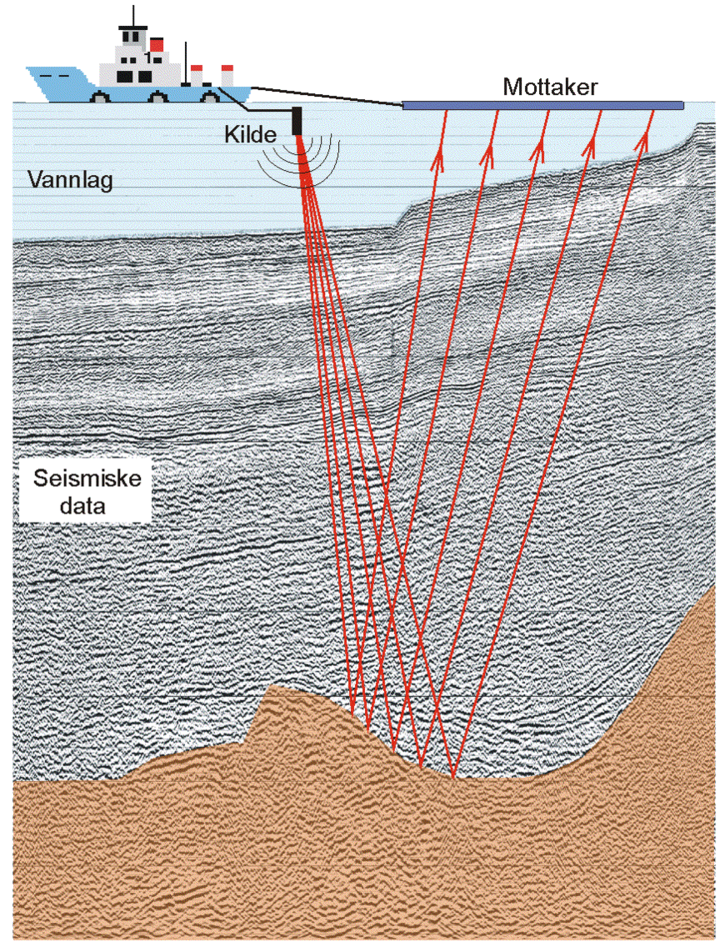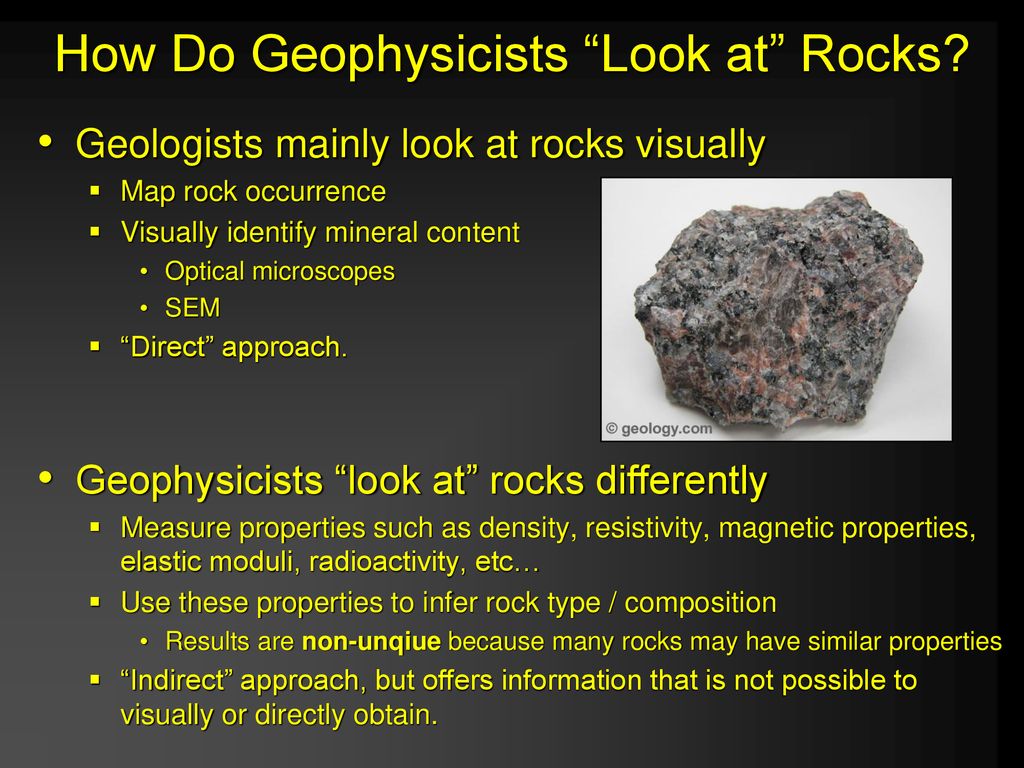All Categories
Featured
Table of Contents
Geophysics in East Fremantle Australia 2021
This work is increasingly contracted out, so consultancies supply another source of work. Consultancy companies differ in size, from very small companies to big multinationals. Some consultancies are rather specialised in using particular geophysical methods or operating in specific places, while others use a more varied variety of services to their clients.
The extraction of gas from land fill websites is another area of work and this may grow in the future. Expedition business may carry out work for construction firms, water business, mining business and ecological firms, so geophysicists might be used in any of these settings. Other employers consist of: geological surveysgovernment bodies and agenciesuniversities and research institutes.


Vacancies might be noted in the oil and gas sector press. Recruitment is impacted by oil price variations and the level of competitors for positions varies depending upon this. Careers Days, which cover the full range of geoscience professions and are typically attended by a number of essential market employers, are run by The Geological Society.
Geophysicist Job Description in Jandakot Oz 2021
Some of the big oil and gas business offer a full two-year structured training programme across the breadth of geophysics, consisting of the opportunity to experience work in various groups before specialising in one location. Your training might include work on: existing wellsmagnetic and gravitational possible field data analysisresearchrock analysis. However, it's more typical for your initial training to be offered on the task.

There may be a probationary period during which you work alongside a skilled colleague. Competency-based appraisals take location routinely in the majority of companies. In smaller sized companies, and for academic posts, there is not likely to be any formal training - you'll be expected to begin work straightaway and get skills as you go along.
If you work for a smaller sized company, you might discover that you require to take duty for organizing and funding your own advancement and training. If you have a geology degree, subscription of The Geological Society can be helpful for networking and for keeping up to date with the market.
Geophysical Survey Techniques And Methods in Gooseberry Hill Australia 2022
You may likewise find it useful to join the PESGB (The Petroleum Expedition Society of Great Britain, which has a geophysics special interest group. After a probationary period, and as soon as you've acquired some experience, you might advance to senior geophysicist, then team leader and after that into a senior function in management.
The ease of movement between roles depends on the business structure. Study at Masters or Ph, D level in a subject associated to geophysics or geosciences may aid with your profession advancement and development. The work market within the oil and gas market is really depending on rate and this might affect your chances for profession progression.
For skilled geophysicists, freelance consultancy offers an excellent path for profession development. As a geophysicist, you're most likely to have several jobs throughout your working life.
Geophysical Methods in Ballajura Aus 2022
From geophysics, it's possible to focus on seismology (finishing further training to become a seismic interpreter) or to move into associated areas such as engineering geology or danger prediction.
Choosing what to study in college is a tough option. Even if you know that your field of interest lies in science, what program of study is best for you?
The very first step to attaining your objective of becoming a geophysicist is earning a degree. Even for entry-level positions in the field of geoscience, you'll require a bachelor's degree (a geophysicist college degree) from an accredited college or university. Some research positions need candidates to hold master's degrees or perhaps Ph.
Geophysical Consulting in Karrinyup Australia 2021
Postgraduate degree are particularly essential if you prepare to teach at a four-year organization. Geophysicists use physics ideas and techniques to study the gravitational, magnetic, and electrical fields of the earth. This enhances researchers' knowledge of both the planet's interior core and its surface. Geophysicists need to be able to: analyze rocks, photographs, and other pieces of data perform research both in the field and in labs produce maps and charts of their findings compose reports To achieve all this, students require a specialized education for geophysicist careers.
As mentioned above, you'll need a bachelor's degree in geoscience or a related discipline, such as a physical science or a life sciences, to land an entry-level job. But students can also prepare by majoring in topics like: Biology Chemistry Computer science Engineering Mathematics Physics The above geophysicist majors offer a more generalized approach to a single clinical discipline, however many programs need trainees to take one or more geology course.
Latest Posts
Where Can A Geophysicist Work Other Than The Oil Industry? in Ellenbrook Oz 2021
Geophysicist in Como Aus 2022
Geophysical Surveys Definition & Meaning In Stock ... in Karrinyup Aus 2022